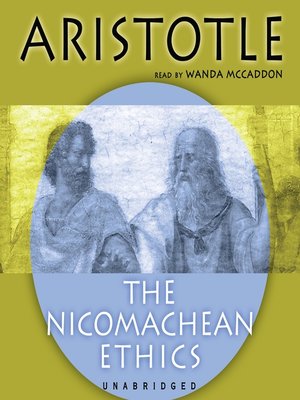

Ethics is about how individuals should best live, while the study of politics is from the perspective of a law-giver, looking at the good of a whole community. It is therefore connected to Aristotle's other practical work, Politics, which similarly aims at people becoming good. In other words, it is not only a contemplation about good living, because it also aims to create good living. Ethics, as now separated out for discussion by Aristotle, is practical rather than theoretical, in the original Aristotelian senses of these terms. In his Metaphysics, Aristotle describes how Socrates, the friend and teacher of Plato, had turned philosophy to human questions, whereas pre-Socratic philosophy had only been theoretical. The theme of the work is a Socratic question previously explored in the works of Plato, Aristotle's friend and teacher, about how men should best live. The work plays a pre-eminent role in explaining Aristotelian ethics. Alternatively, the work may have been dedicated to his father, who was also called Nicomachus. The title is often assumed to refer to his son Nicomachus, to whom the work was dedicated or who may have edited it (although his young age makes this less likely). (I§1) It consists of ten books or scrolls, understood to be based on notes from his lectures at the Lyceum. (I§2) The aim of the inquiry is political science and the master art of politics.

The Nicomachean Ethics ( / ˌ n aɪ k ɒ m ə ˈ k i ə n/ / ˌ n ɪ k ə m ə ˈ k i ə n/ Ancient Greek: Ἠθικὰ Νικομάχεια, Ēthika Nikomacheia) is Aristotle's best-known work on ethics, the science of the good for human life, which is the goal or end at which all our actions aim. First page of a 1566 edition of the Nicomachean Ethics in Greek and Latin


 0 kommentar(er)
0 kommentar(er)
